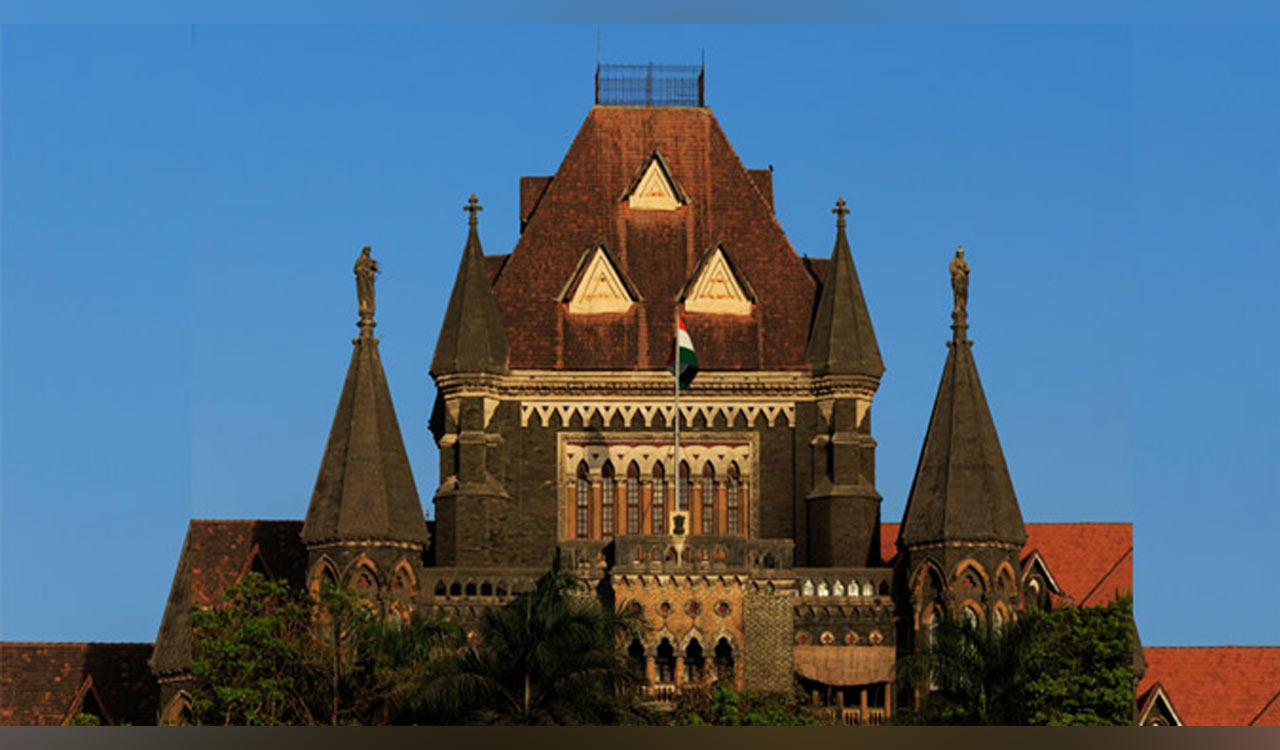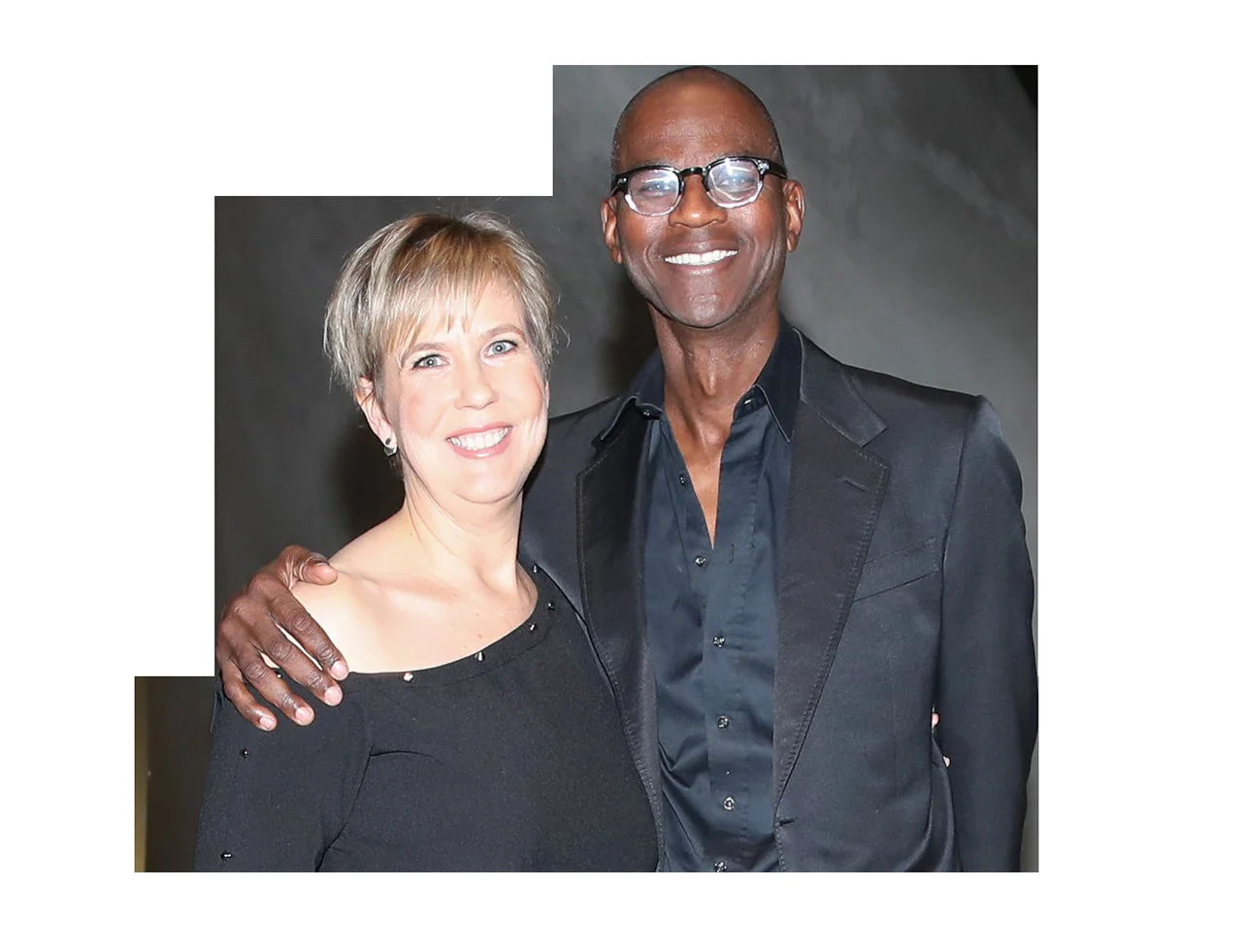By Femi Abbas,The Nation
Copyright thenationonlineng

“I shall pass through this world but once; If, therefore, there is any good that I can do or any kindness that I can show to any human being; Let me do it now; Let me not defer or neglect it for I may not pass this way again”
The concept of the above quotation tallies perfectly with Islamic philosophy of welfare management. It has been adopted by some humanitarians as a guiding principle of life. It serves as an irrigation nourishing the seed of kind-heartedness and philanthropy imbibed by some people. It is a summary of the real essence of wealth in the hands of a few as against abject poverty overwhelming the majority of people.
Life is like a circle which rotates around a permanent axis. Whatever goes forth comes back. Whatever goes up comes down. The sun rises in the East and travels to set in the West. It comes back the following day to repeat the same journey without losing its track. Seasons exchange batons on a quarterly basis. Spring, autumn, winter and summer, all come at their right time without one taking the place of another.
Children come into the world daily and grow up to become adults with time. Parents rear their children the way they themselves had been reared so that the circle of life may continue after their demise. We sleep and wake and eat and defecate daily until we are stopped by the supreme force that fixes and schedules everything. And our successors proceed from where we stop if only to keep the circle of life in continuity.
Read Also: Tinubu visits Kaduna Friday for wedding, courtesy call on Buhari family
Human beings are like cash crops. They germinate into embryo from spermatozoa, transform biologically from stage to stage until they blossom into youthful adolescents and grow up into productive men and women just like fruitful trees. And then they begin to grey as an indication that they are starting to wither away like trees which leaves are turning into red. By the time the icy hands of death come to pluck them like ripe fruits, their transit visa in this ephemeral world would have expired. But their journey from the unknown continues into the unknown until they are summoned by their Creator to give the account of that journey.
No man comes into the world without a mission. The mission may be positive or negative. But what is common to all is a place in history which may serve as an encouragement or a guide or a warning to the coming generations.
In man’s initial journey into the world, the soul is firmly in harmony with the flesh. Both work in tandem physically and spiritually. At that stage, a spade is always seen and called a spade. And that is why children are said to be innocent. But after some time, the flesh outgrows the soul and becomes like a mossy stone eagerly wishing to crush the fragile lily that the soul represents.
At that stage, Satan begins to assemble his destructive tools with which to rework or dismantle man’s engine of life to suit his own mission. No one drives a car without an engine. But when the engine is removed from the car, the body becomes disabled. So is the case with the corpse of man after the exit of the soul. But blessed are those who do not nourish the flesh at the expense of the soul.
Alhaji (Chief) Dr. Wahab Iyanda Folawiyo, the Baba Adini of Nigeria, was a man of flesh and soul. He combined both temporally and spiritually to the benefit of mankind while alive courting the milk of kindness with which he suckled the indigent multitudes around. He had realized early enough in his youthful days that life was worthless for anybody who passes through it without leaving a footprint on the sands of time. He therefore decided, despite his humble background, to live for his fellow human beings as much as he lived for himself. As a Muslim, he had read or heard the stories of some great men in Islamic history whose wealth was dedicated to humanitarianism. He therefore prayed Allah to grant him wealth promising to use such wealth for the cause of Islam and humanity if granted.
Alhaji Folawiyo had particularly studied and admired the lifestyle of Abdur-Rahman bn ‘Awf, a companion of Prophet Muhammad who was stupendously rich but marvellously humble.
Abdur-Rahman deployed his entire wealth to the course of Islam and the welfare of mankind to the admiration and blessing of Prophet Muhammad. When he was frightened by the rate at which his wealth was expanding and became afraid of his hereafter knowing very well that the rich might encounter huddles on their way to paradise, he asked the Prophet to pray for a drastic reversal of that wealth. But rather than doing that the Prophet prayed Allah to increase it and not to let Abdur-Rahman account for his wealth in the hereafter. Thus he became the wealthiest Arab of the Prophet’s time and the greatest philanthropist of that era. Yet he was so humble that most of the beneficiaries of his kind largesse never knew the man behind it.
Conscious that the wealth entrusted to him by Allah could have been in the custody of another person, Abdur-Rahman vowed to utilize it responsibly if only to curry the favour of his Creator and Sustainer. He often expressed to whoever was ready to listen that the wealth in his possession was not for him but for others believing that he only held it in trust for the poor and the needy.
Abdur-Rahman was not a soldier but he singularly financed several Islamic wars. He was not a king but bought many slaves into freedom even as he used his wealth to employ many people who would have been frustrated by joblessness. He cared for many widows and orphans, rescued many debtors from bondage and saved many marriages from crumbling. As one of the very few people to have been lettered in Arabia even before Islam, Abdur-Rahman strongly supported education financially and encouraged women to seek knowledge.
To Baba Adini of Nigeria, Abdur-Rahman Bn ‘Awf, was a unique model especially for the Muslim aristocrats of the modern world to emulate. He therefore adopted a similar lifestyle and spent his wealth in the way of Allah. When the old Lagos Central Mosque became ramshackle and unbefitting to the State of Excellence in the mid 1980s, he volunteered to singularly rebuild it in the manner his role model, Abdur-Rahman Bn ‘Awf, used to bear the cost of projects all alone in the time of the Prophet.
At the time when the Nigerian currency (the naira) was very strong, Alhaji Folawiyo undertook the building of a new Mosque for Lagos at the cost of N40 million. That amount was very intimidating in the 1980s. It is like committing N40 billion to a Mosque project today. It takes a strong Islamic conviction for an individual to commit such a huge amount to the cause of Islam at once. But that was one of his many ways of thanking Allah for His inestimable bounties.
The Mosque was not built for observance of Salat alone as generally known with most Mosques in Nigeria. Facilities for vocational training were provided therein for Muslim youths who were in need of such training. And some of those who completed their training courses were supplied with necessary tools with which to fend for themselves.
Also provided was a study centre of Arabic and Islamic studies in that Mosque which was equipped with copies of the Qur’an and other Islamic books. Alhaji Folawiyo did not stop at that.
Besides employing thousands of Nigerians in his conglomerate of businesses, irrespective of tribes and religions, he also had a private scholarship scheme for indigent students to benefit from. Some of such beneficiaries studied in various countries of the world. There were many other Muslims who benefited tremendously from his annual Hajj sponsorship programme. But what many people consider as his greatest achievement was the establishment of an orphanage home in Ikeja named Babu-s-Salam.
His passionate commitment to that orphanage was a true reflection of his kind-heartedness in a world where wickedness has virtually become a culture. Some of the orphans who passed through that home are now graduates of various disciplines from various Universities.
As a lover of education and Progress, Alhaji Folawiyo did not only build and site several conventional secondary schools in places where schools were needed, he also contributed superlatively to the structural growth and academic development of Lagos State University (LASU) and some other Universities in the country.
As a Vise President of Supreme Council for Islamic Affairs, he cooperated with other highly placed Muslims in the country to further the course of Islam nationally and continentally. All these he did quietly but diligently even he often shunned unnecessary propaganda through the media.
When the chapter of his life’s odyssey was closed penultimate week, he, like others before him, became memorial words to be chronicled into history by those who were privileged to see him alive through the window of time. His philosophy has come to remind us that both the makers and the chroniclers of history will finally be returned into the womb of the mother earth. And observers of history will recall that these men or women have once passed through this world.
This is neither a posthumous biography nor an elegy for a Muslim icon. It is rather an assessment of a life well spent which may serve as a good example for others who are still alive. One day, some people will take the trouble of writing about us just as we are now writing about others. Life is a circle. It must be allowed to run its full course without any hindrance. We are from Allah and we shall all return to Allah. May the soul of Alhaji Wahab Iyanda Folawiyo, the Baba Adini of Nigeria be divinely reposed in eternal bliss. Amin.



